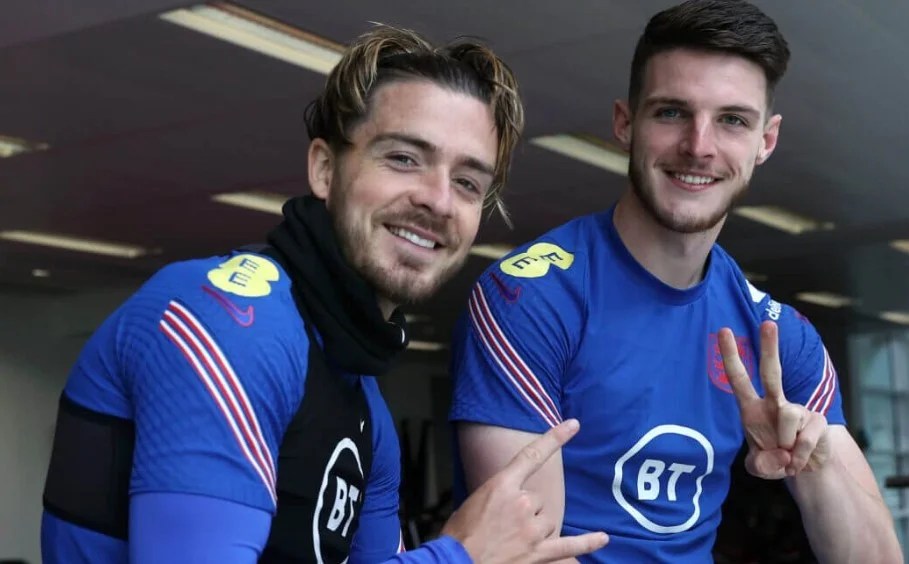The press conference was running suspiciously late. In the next room, a commotion was going on. All the talk was of Jack Grealish and several rows of Irish journalists were starting to wonder what the hold-up was all about.
The date was May 12, 2015, and a nation was waiting to usher in the player who, six years later, would become the first £100million ($131m) footballer in the Premier League.

Grealish was 19, fresh-faced, with none of the stubble that we see now, and he had been pencilled in to win his first senior call-up to Republic of Ireland’s squad for two games at Dublin’s Aviva Stadium. The first was a friendly against England, followed by a European Championship qualifier against Scotland. The print-outs were waiting to be handed out: a provisional 33-man squad with Grealish, then of Aston Villa, as the stand-out name.
But there was a problem. As the journalists waited for the official announcement, they became aware that Ireland’s manager, Martin O’Neill, was in the next room and talking agitatedly to someone on the phone, possibly Grealish himself. An official came through to apologise for the delay. Then the news started to filter through that another squad list was being printed off. This one had no Grealish. The sheets of paper were still warm as they were handed around.
As one former official from the England setup, speaking on condition of anonymity, recalls: “We had to do everything we could to stop Jack playing in those games because that would have meant losing him forever. He was too talented for us to give up on him. Everyone can see now why we had to act.”
He is coming up to 29 now, with 36 caps for England (and counting), and it can feel like a trick of the imagination that Grealish wore Ireland’s colours from the under-15s right through to their under‑21s. Grealish has a trophy at home for Ireland Under-21s’ player of the year. His acceptance speech noted that “hopefully next year I’ll be back in the green jersey”. Note the “hopefully”.
It turned out to be his farewell speech, too.
He has never been back and, with the two nations due to meet in Dublin on Friday, perhaps these are the moments when the relevant people within the Football Association can reflect on how they lured him away and feel entitled that they did the right thing gazumping their Irish counterparts.
The same applies to the other player in England’s squad with a £100m price tag and a background that, for a long time, involved wearing a green national shirt rather than a white one.
Be the first to comment